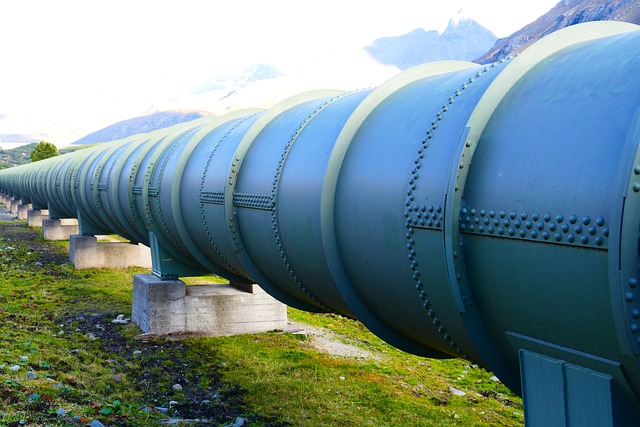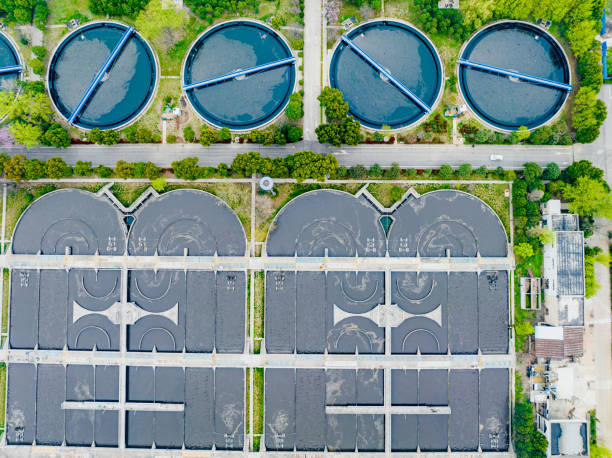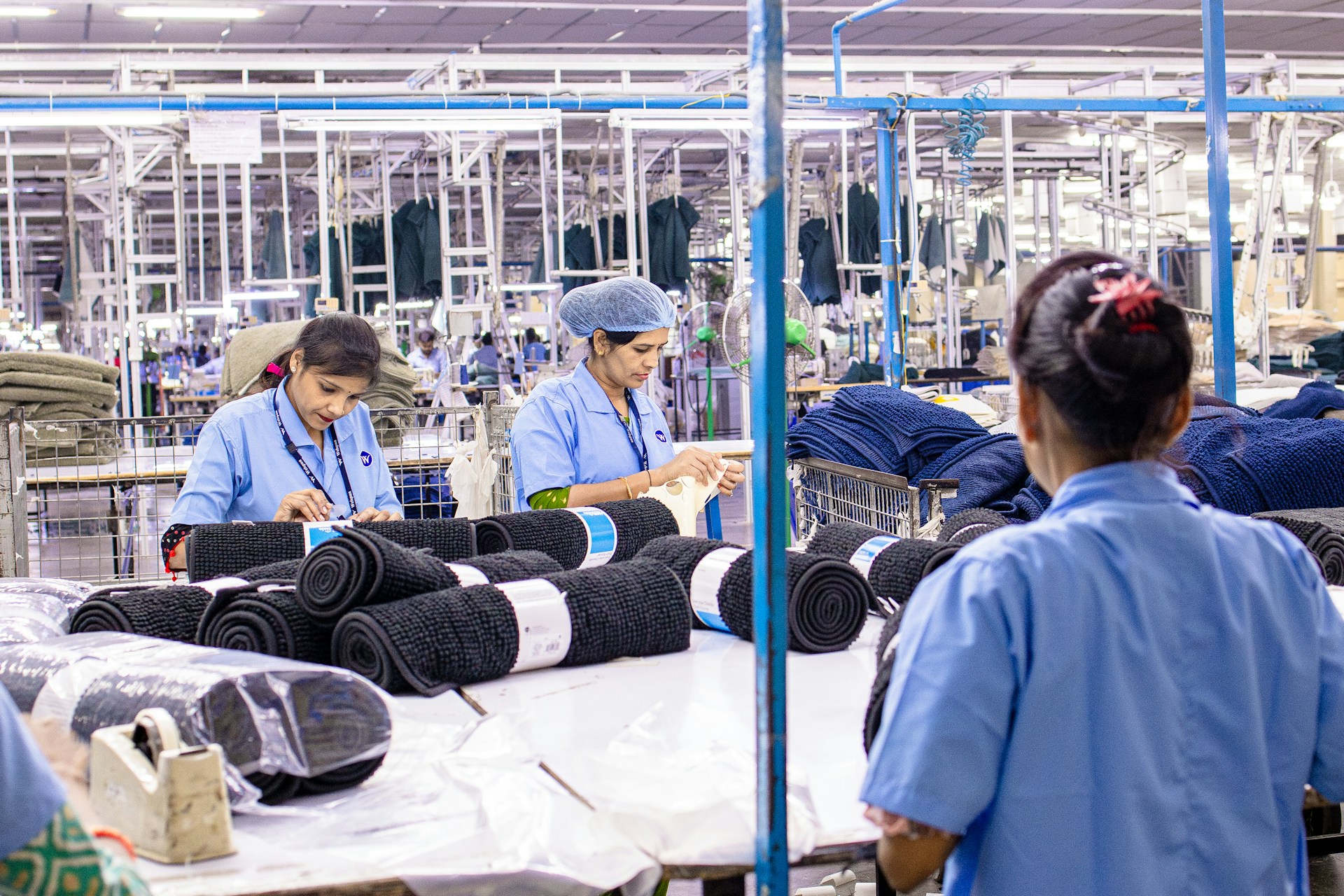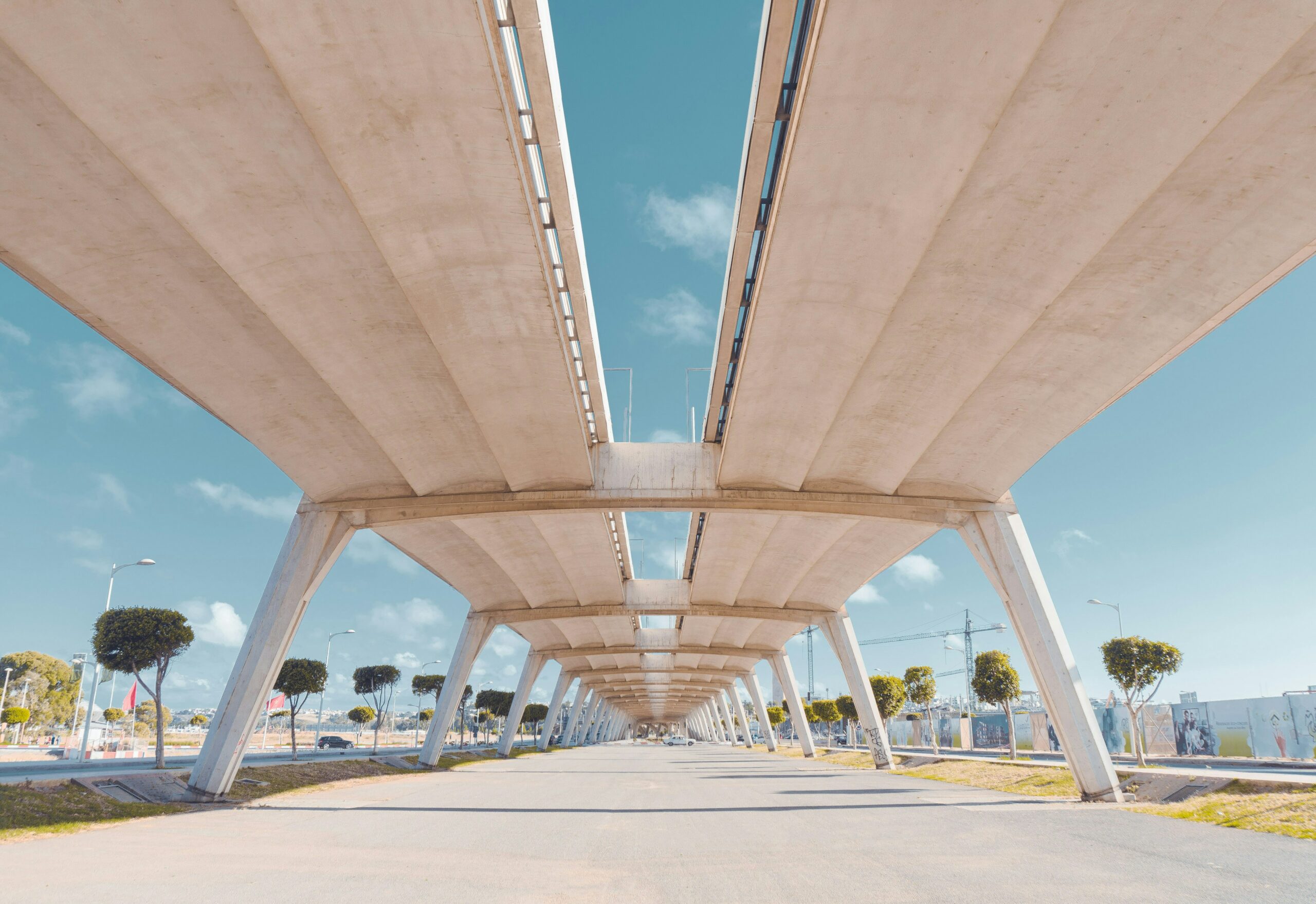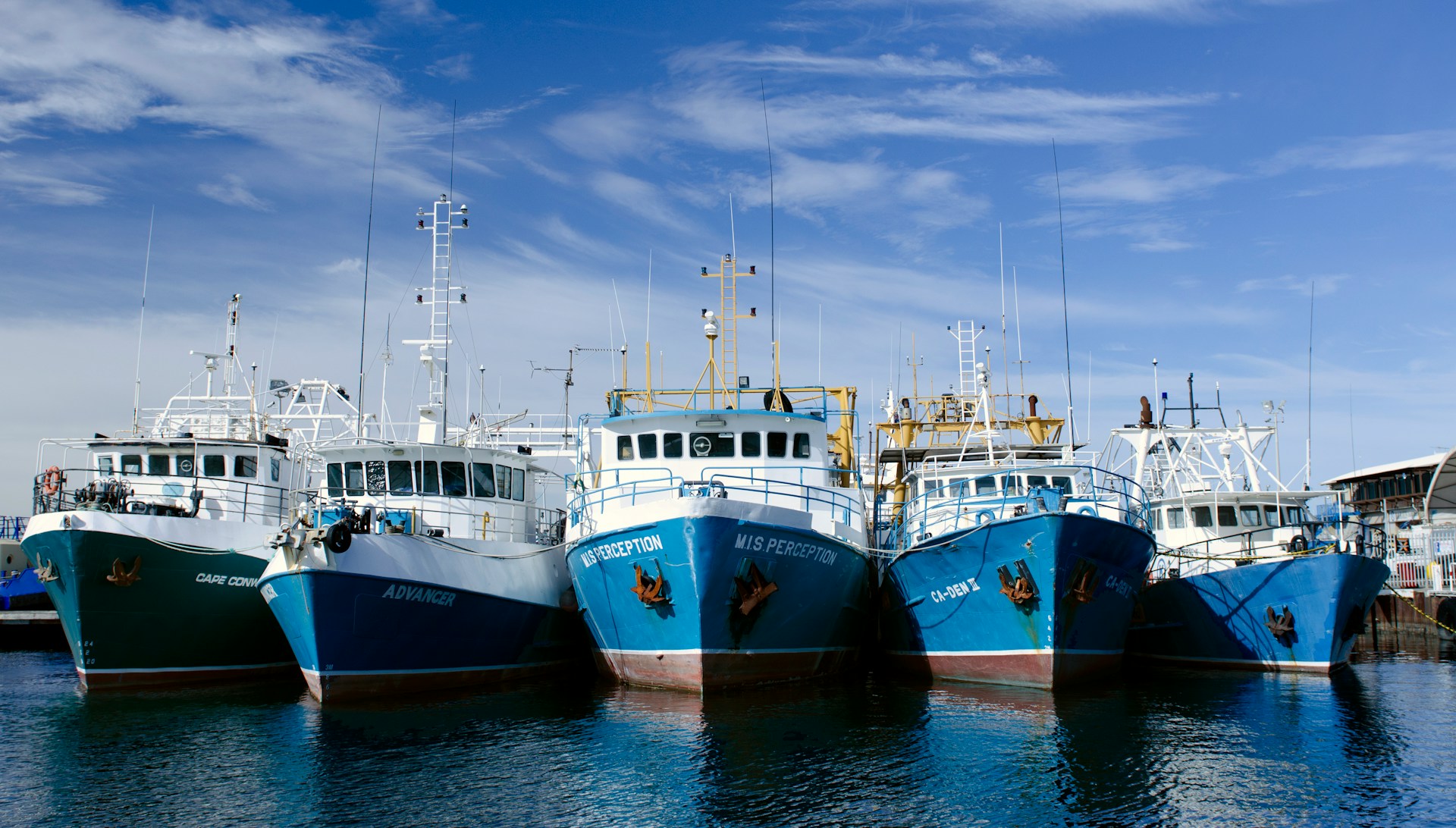Casablanca- In a landmark move set to reshape the energy landscape of West and North Africa, the United Arab Emirates (UAE) has embarked on a visionary journey of collaboration with Morocco in the Nigeria-Morocco gas pipeline project. This transformative initiative, initiated during a recent visit by King Mohammed VI to Abu Dhabi, signifies a strategic partnership aimed at delivering natural gas from Nigeria to Europe via a 5,660-kilometer pipeline traversing 13 countries.
The UAE’s commitment goes beyond mere financial investment, as the country pledges technical expertise to expedite the implementation of this mega project. With construction slated to commence in 2024, following rigorous feasibility studies, the UAE’s involvement adds significant momentum to a venture poised to revolutionize regional energy dynamics.
Notably, all countries along the pipeline route, with the exception of Togo, have already joined this historic initiative, underscoring the widespread support and collaborative spirit driving the project forward. As the UAE joins hands with Morocco, the National Office of Hydrocarbons and Mines, and the Nigerian National Oil Company, the stage is set for a groundbreaking partnership that promises unparalleled economic, trade, and investment cooperation.
The signing of a memorandum of understanding between Morocco and the UAE further solidifies this commitment, laying the groundwork for an investment partnership aimed at enhancing the Morocco-Nigeria gas pipeline project. This strategic collaboration, forged on the sidelines of a declaration of a strategic partnership between King Mohammed VI and UAE President Mohammed Ben Zayed, signifies a shared vision for comprehensive development that transcends borders and fosters mutual prosperity.
Since its inception in 2016, the gas pipeline project, spearheaded by Morocco and Nigeria, has witnessed remarkable progress. The imminent commencement of infrastructure works in 2024, as announced by Nigerian Minister of State for Energy Ekperikpe Ekpo, marks a pivotal moment in the realization of this ambitious endeavor.
With a projected capacity of 30 billion cubic meters per year and an estimated cost of $25 billion, the Moroccan-Nigerian gas pipeline is poised to become the longest offshore pipeline in the world and the second longest overall. Its route, spanning from Brass Island in Nigeria through 11 countries to Morocco, underscores its significance as a crucial artery for energy transport across the region.
As construction gears up to commence, the Morocco-Nigeria gas pipeline project stands as a testament to the power of collaboration and innovation in driving sustainable development. With the UAE’s bold investment catalyzing progress, this visionary initiative holds the promise of unlocking new horizons of growth and prosperity for nations across Africa and beyond.






